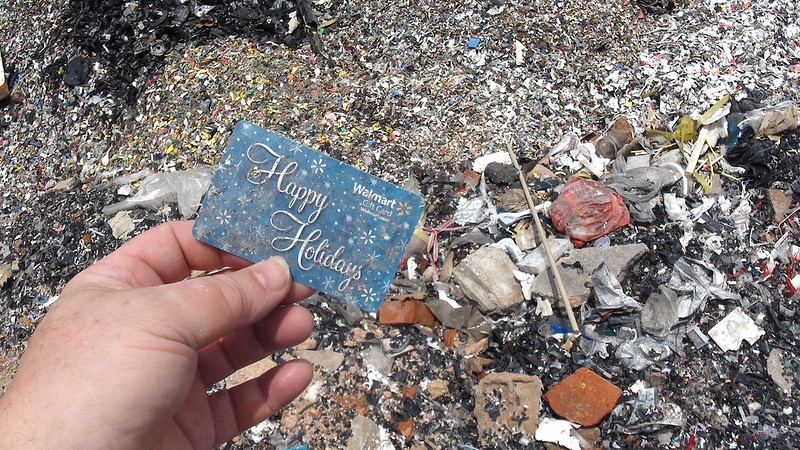 POLICY
POLICY
 POLICY
POLICY
 POLICY
POLICY
The European Union today said the days of “take, make, use, discard” when it comes to electronic devices should be a thing of the past, promising to pass a “right to repair” law.
If the legislation goes through in 2021, it will mean manufacturers will have a responsibility to make their products last longer so they don’t end up in landfills after a year. It will cover tech gadgets such as laptops, phones and tablets, in line with the EU’s aim to become climate-neutral by 2050.
The law will ask manufacturers to make devices with changeable and repairable parts. On top of that, they must be made more durable, upgradable and reusable. The initiative will also include household items such as dishwashers, televisions and washing machines. It will cover items such as plastics and textiles, which is all part of the EU’s “Green Deal.”
Although this might sound bad for business at first, the EU said there would be financial rewards for companies getting in line and it will create jobs and motivate innovation. “Future-oriented actions will create business and job opportunities, give new rights to European consumers, harness innovation and digitalization and, just like nature, make sure that nothing is wasted,” said Virginijus Sinkevičius, European commissioner for the environment.
As for the consumer, that’s a different matter. Often when the term “planned obsolescence” is mentioned in the tech world, the consumer is blamed as much as the company for the creation of tech devices that have a short lifespan.
“Single-use will be restricted, premature obsolescence tackled and the destruction of unsold durable goods banned,” the commission said, in reference to what it calls the new Circular Economy.
A question, however, is whether consumers want a durable phone that can be used for three years and updates regularly? The answer might be in the marketing. If companies market ethical and sustainable devices as cool, rather than always touting the next big thing, the consumer herd will likely do what’s it told.
“The linear growth model of ‘take, make, use, discard’ has reached its limits,” Sinkevičius told the media. “With the growth of the world population and consumption, this linear model pushes us closer and closer to a resource crisis. The only way ahead is decoupling economic growth from extraction of primary resources and their environmental impacts.”
It’s not clear how this will work at the moment, and the legislation is still in its early stages. If it should go through, it will first have to be passed by EU member states and the European Parliament.
THANK YOU